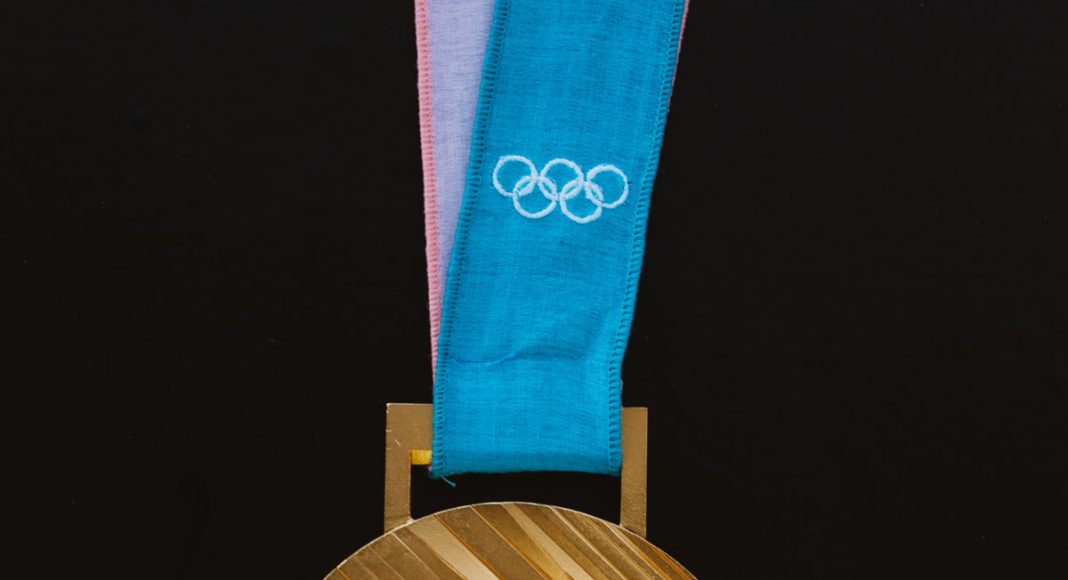When marijuana first officially appeared at the World Olympics, it was around auspicious circumstances. Snowboarding, long considered winter sports’ stepchild, had finally joined the proceedings as an official Olympic sport at the 1998 Nagano Olympic Games. Ross Rebagliati, the Canadian snowboarder turned cannabis entrepreneur, received the first Olympic Gold awarded in snowboarding. It wouldn’t be a long celebration.
Before Rebagliati left Japan, his gold medal was stripped away when the International Olympic Committee discovered 17.8 nanograms of marijuana in his blood. Rebagliati would receive the final punchline, though—the IOC had to return Rebagliati his gold medal when they realized marijuana wasn’t even on their banned substances list.
The following year the World Anti-Doping Agency formed to respond to rising concerns surrounding illicit drug usage at the Olympics. Marijuana was initially included under the banned substances list, though now that restriction has mostly lifted. In 2013, WADA raised the threshold for a positive test from 15 nanograms per milliliter to 150 ng/ml. For comparison, Rebagliati tested positive with 17.8 ng/ml in his blood, which he maintains came from secondhand marijuana smoke.
Essentially, don’t use it during competition and you’ll be fine.
Here’s where things get tricky. Though the WADA explicitly mentions cannabis, hashish, and marijuana as being banned substances. However, cannabidiol (CBD) is not. Why? Well, marijuana, in the IOC’s eyes, can be considered a performance-enhancing drug.
While the effects of marijuana can decrease hand-eye coordination and distort spatial perception, there are other effects that can be performance enhancing for some athletes and sport disciplines. Cannabis can cause muscle relaxation and reduce pain during post-workout recovery. It can also decrease anxiety and tension, resulting in better sport performance under pressure. In addition, cannabis can increase focus and risk-taking behaviors, allowing athletes to forget bad falls or previous trauma in sport, and push themselves past those fears in competition.
However, you might still be wondering why lift the ban on CBD? Well, because it’s a known anti-inflammatory and helpful in the recovery process for athletes. Other than that, the IOC didn’t offer much of an explanation.
-
Related Story: Can Marijuana Be A Performance-Enhancing Drug For Athletes?
When they removed it from the prohibited substances list, they wrote, “Cannabidiol is no longer prohibited. Synthetic cannabidiol is not a cannabimimetic; however, cannabidiol extracted from cannabis plants may also contain varying concentrations of THC, which remains a prohibited substance.”


